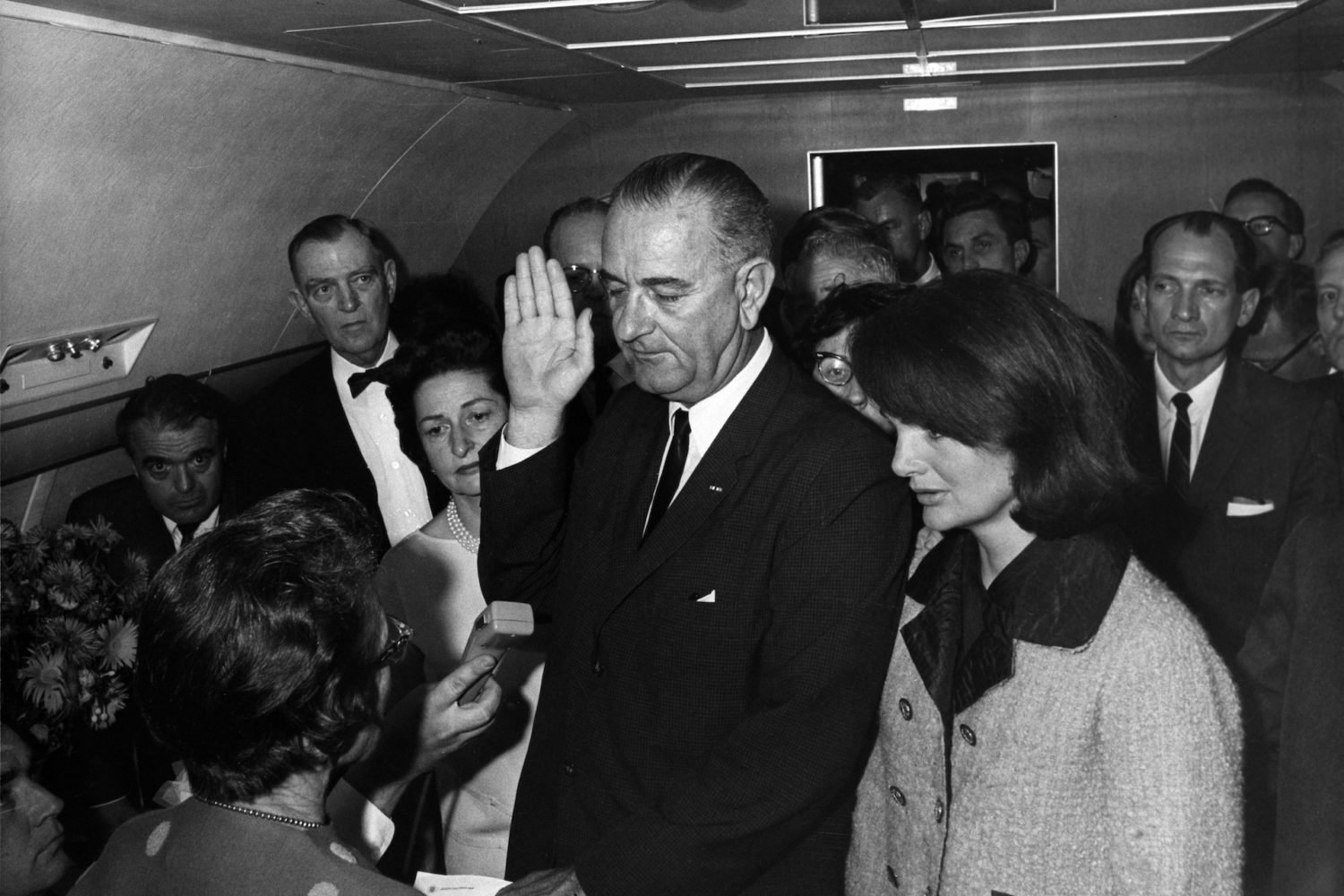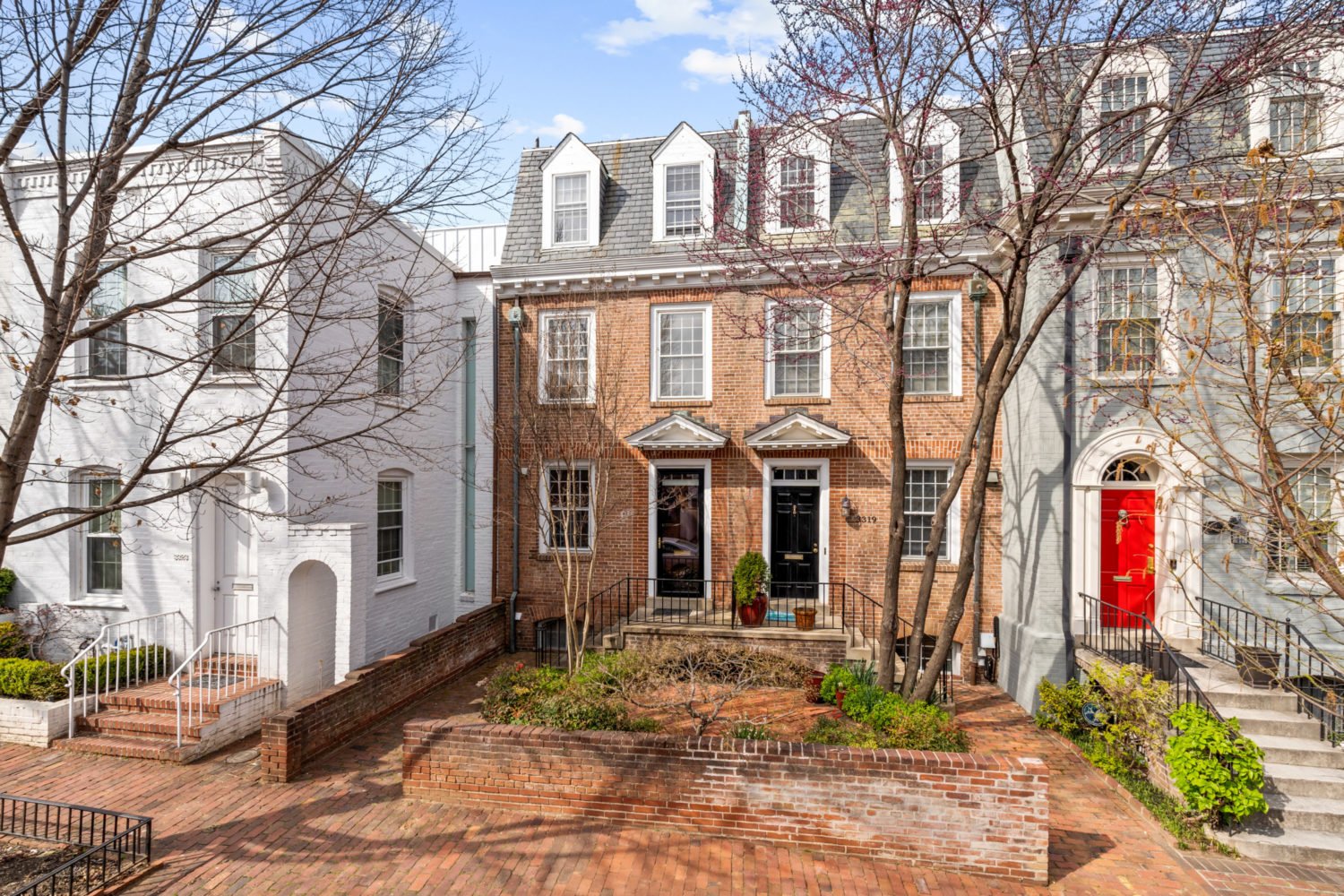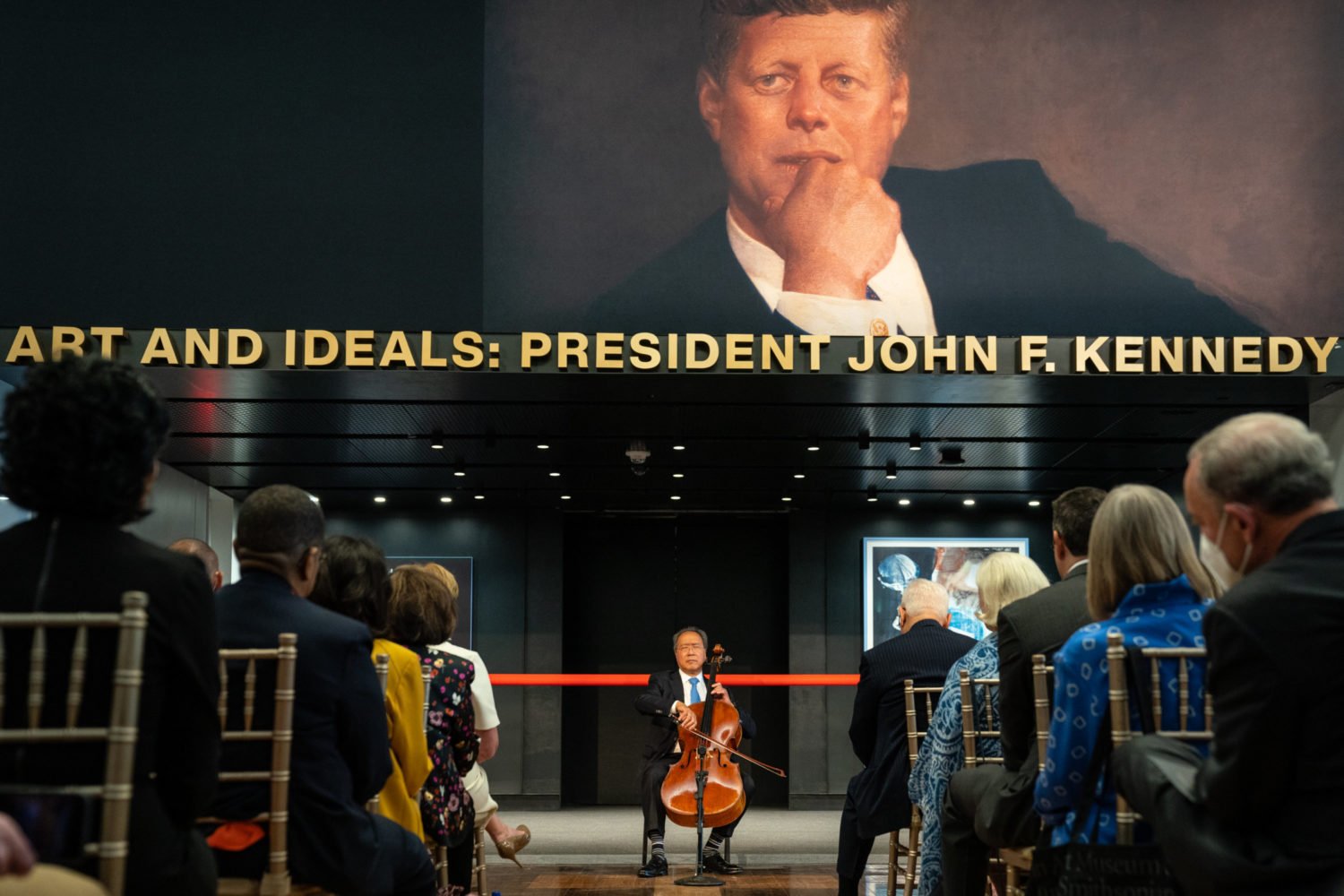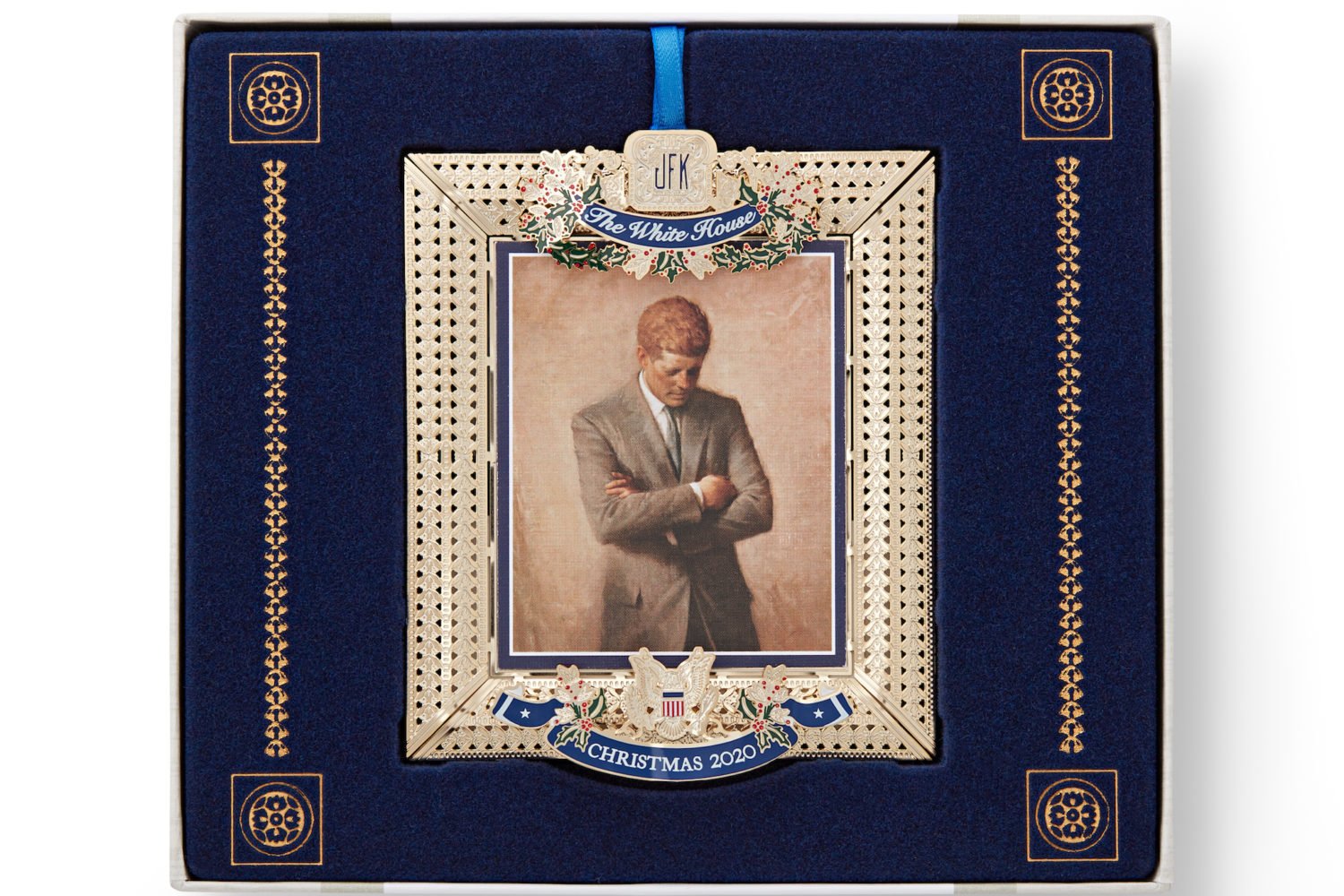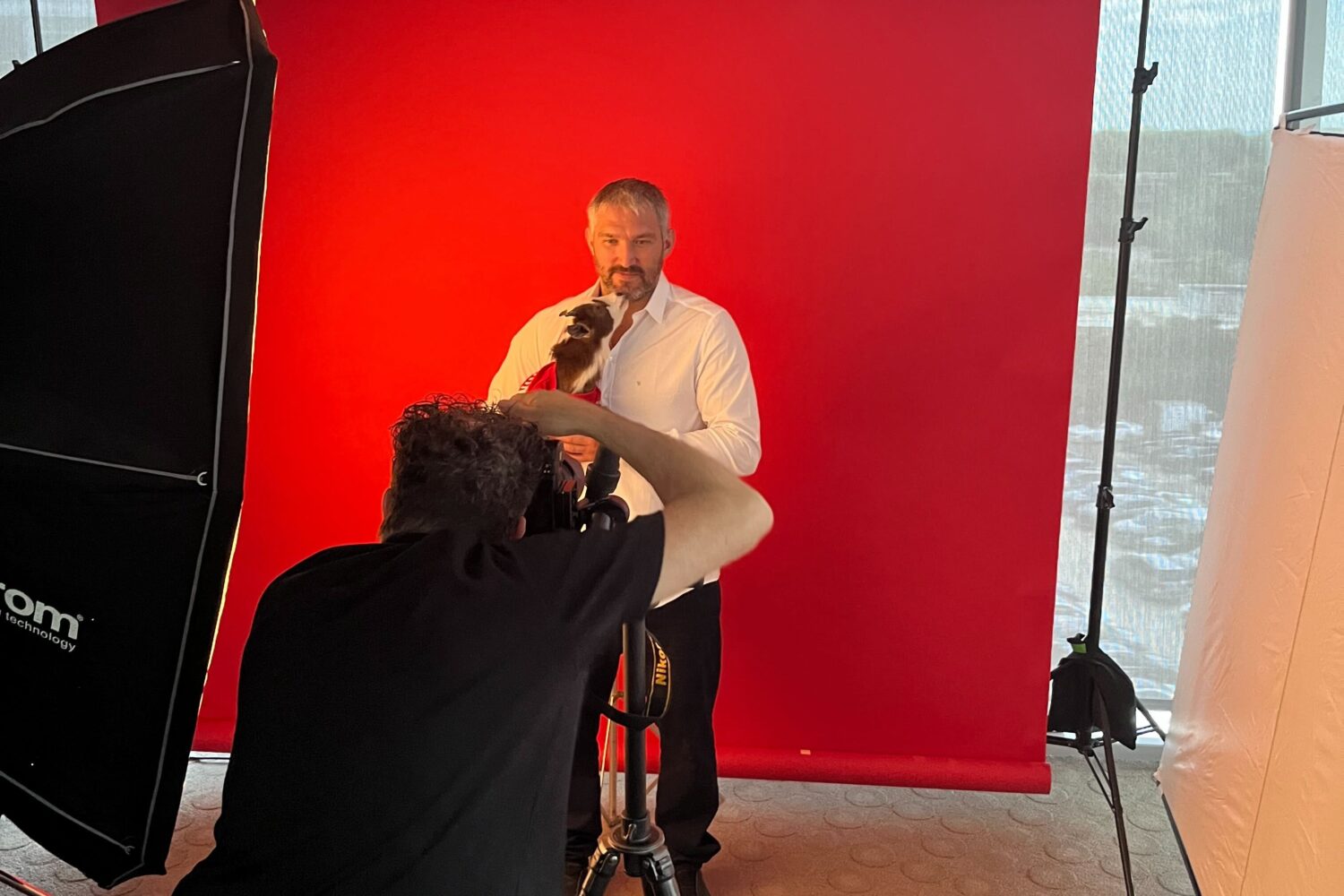It’s 1:45 PM, and the youths are swarming Meridian Hill Park, covering each and every ledge by the dry concrete fountain, clustered in small packs—mostly women—all of them squinting into the fierce November sun. “Hey girlfriend, are you vomiting?” a young woman shouts into her phone, then pauses and gives her head a little shake. “No, there’s no Jacks yet. I don’t see any Jacks.”
This past month, the Western world has been deluged with lookalike contests: Timothée Chalamet in New York, Paul Mescal in Dublin, Zendaya in Oakland, Zayn Malik in Brooklyn, Jeremy Allen White in Chicago, and Harry Styles in London—a series of low-stakes competitions that have nothing to do with the future of democracy and everything to do with local pride, a nominal cash prize, and the chance for a flash of online fame. DC, of course, is about a month late to this party. As our totemic celebrity, we’ve claimed Jack Schlossberg, the 31-year-old grandson of John F. Kennedy, who actually lives in New York.
By now, two or three Jacks have trickled in: young guys in white button-ups and dark ties, hair wavy and gelled. None of them even remotely resemble Schlossberg, a Harvard-educated lawyer and oddball internet personality who’s a heartthrob of online Gen Zs. The real Jack is angular and chiseled, handsome like his grandfather, and a self-described “silly goose.” His humor is offbeat and idiosyncratic. This spring, for instance, he made a series of Instagram videos steering folks away from his black sheep, anti-vax uncle via bizarre (but surprisingly adept) impersonations of white ethnic voters. (You kind of have to see them to understand.)
A winsome genetic vestige of Camelot, Jack has singlehandedly kept the Kennedys quasi-relevant with the youths. And one of them—Madi, age 22—is blunt: “I’m looking for a husband,” she tells me. “This is, like, the social event, all the eligible men and women showed up.” Asked what she’s looking for in a man, she replies, “Jack Schlossberg himself. He’s exactly my type. I told my friends the dating apps aren’t working, so I’m going to the lookalike contest.” Another young woman, platinum blonde, later tells me that she’s also here for the men, but “everyone here is a twink or a girl.” Jack Schlossberg is her type, too: “tall, active on social media, and from a political dynasty.” But a lookalike is not a true Kennedy, I say. “Correct, but they could roleplay,” she replies.
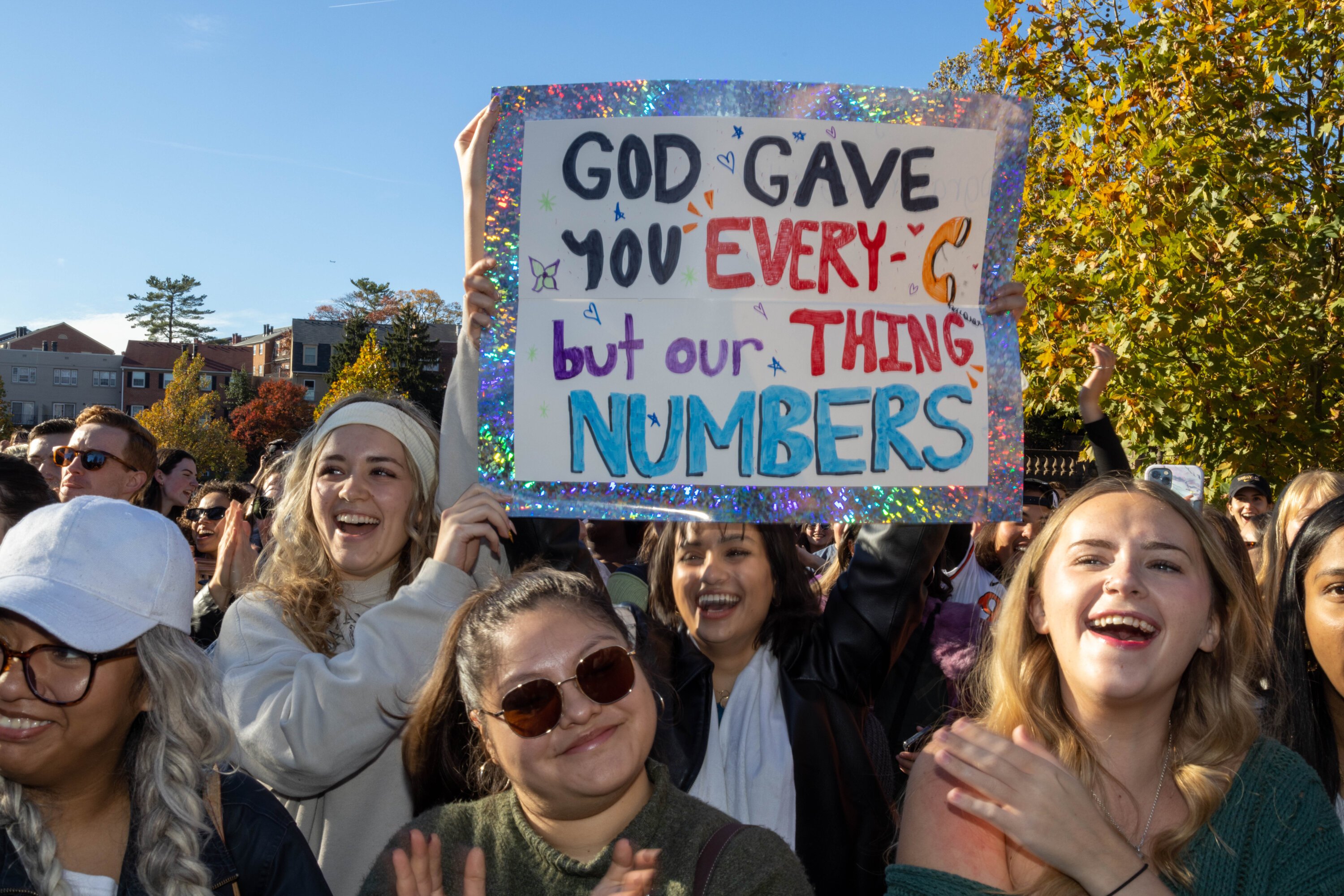
At 2 PM, the Jacks amass, standing before a statue of a seated James Buchanan. The crowd is so thick I can hardly see—the Partiful invite had more than 1,200 RSVPs—but there appear to be only five Jacks. None of them looks like a Kennedy. “If nobody else shows up, I’m just gonna start picking people,” the host shouts into a pink megaphone, then immediately starts pulling audience members onstage. These newcomers vaguely resemble Jack in the sense that they have full heads of hair and belong to the human race.
By now, there’s about a dozen Jacks onstage: two women, one baby, plus an assortment of vaguely handsome white guys. There’s not anyone Schlossbergian in the bunch—until I see him: a man in a green tie. Dark hair, slender build, slightly presidential, handsome from every angle. He has a big smile, a strong jaw, and those hollow, shadowy JFK eyes. There he is. There’s our Jack—no contest, hands down.
But still, the show must go on, and the Jacks—all 14 of them, if you count the baby—are asked to introduce themselves. (“It’s a Jack-off!” a guy shouts from the back.) “I’m single,” says the tallest Jack, “and I am not here to compete—I came here to husband-shop.” Another Jack is a bisexual Sagittarius, and a third admits that his coworker told him that the contest would help him nab a girlfriend. A female Jack says she’s “proof that Jack Schlossberg is a lesbian.” But when the one true Jack grabs the mic, he seems to know that he has it; he simply introduces himself as Jack Schlossberg. Confident and clever. Of course.
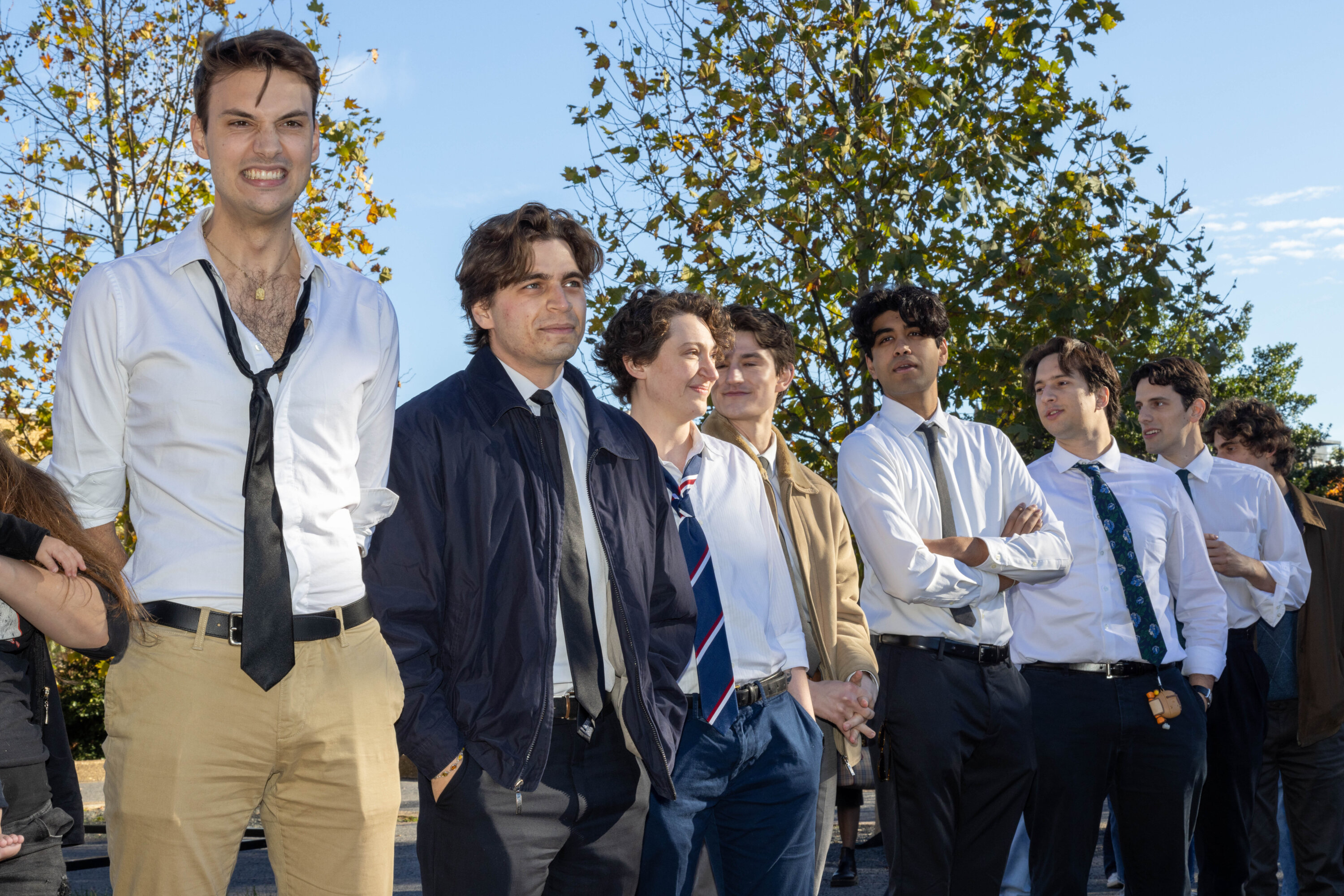
The audience is enormous: hundreds of Jack fans, young and stylish, crowding around the contestants, standing on ledges and craning their necks to see. As we roar for each Jack, the baby provokes an especially deafening response. (“Jack is definitely a babe,” a woman in front of me remarks.) Green-tie Jack—the one who actually looks like him—also causes a stir. He’s the only Jack who could pass at Hyannis Port; the others would be stopped at the gates.
Based on crowd response, the Jacks have been winnowed to five. These finalists seem to be answering trivia questions, though the megaphone is glitching so nobody can hear. “Which two countries has Jack’s mom been an ambassador to?” the host shouts. Caroline Kennedy has been the ambassador to Australia and Japan, although the Jacks don’t seem to know.
Amid the megaphone dysfunction, the crowd has grown restless. The girls in front of me are joking about brainworms. Others are agitating for push-ups. “Do you think he’s actually going to show up?” a girl beside me asks her friend. Days ago, the actual Jack Schlossberg posted “See you cherubs there!!!!!!!!” so everyone’s been searching for him in the crowd. But in trying to report that out, I spoke with Jack’s dad on the phone, and he claimed that his son is in Australia. He didn’t know about the lookalike contest but seemed appropriately amused.
“To represent the city of Washington, DC, as the people’s princess, Jack Schlossberg, would be an honor,” is the final statement of the remaining female Jack. The next Jack—the best Jack—says he’s “just trying to make my dad proud out here.” A girl behind me asks if he’s straight, and she and her friends descend into a fevered debate.
It’s barely competitive when the crowd elects a victor: For the one true Jack, everyone erupts, shrieking and clapping, chanting “Green tie! Green tie!” A white guy in a man bun slips the tiara onto his head. (“Heavy is the head that wears the crown,” the host remarks.) iPhones are aloft. Tiara glinting in the sun, Jack waves both hands like Miss America and graciously, like a Kennedy, shakes the hands of those he beat.
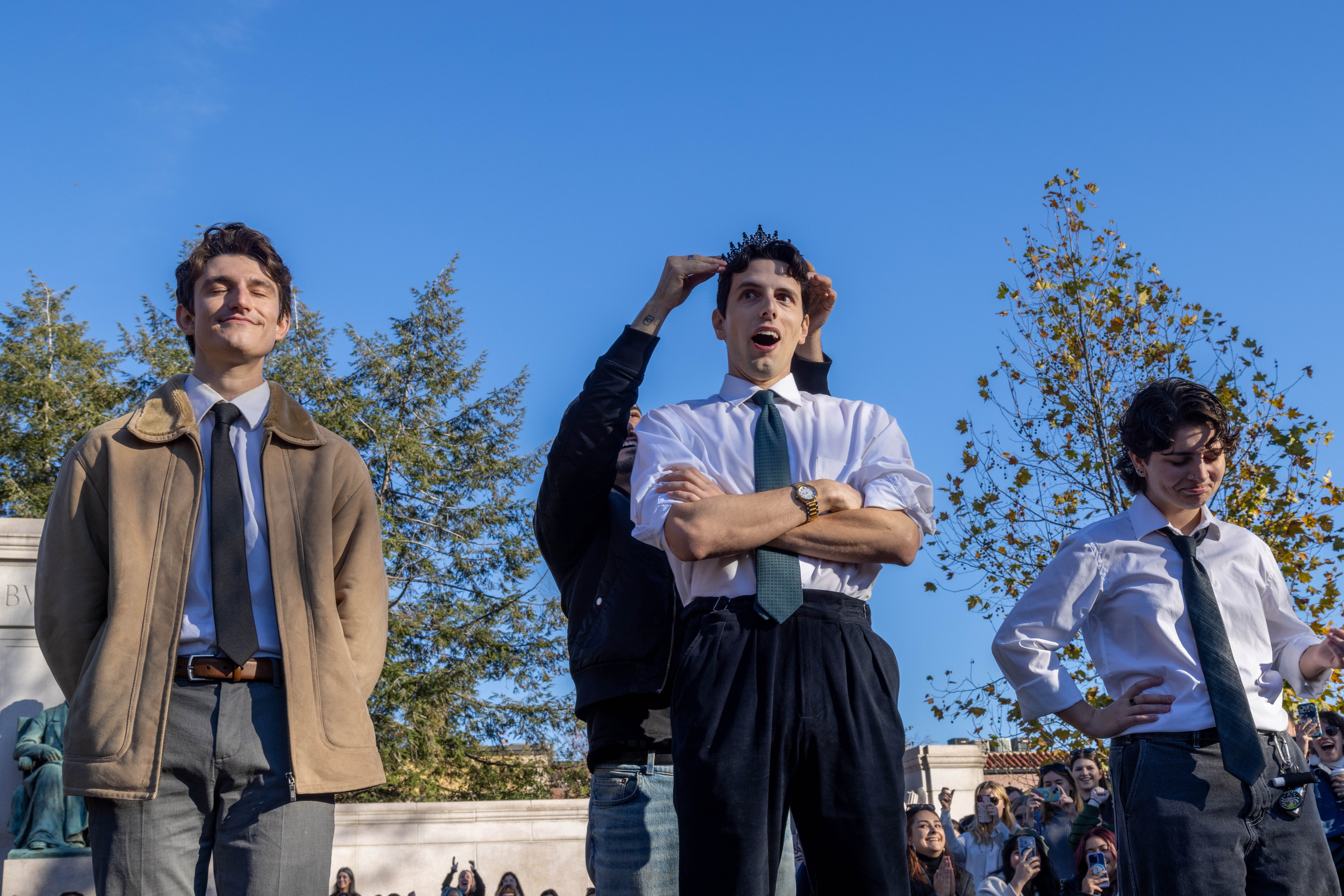
Immediately, Jack is mobbed by reporters, all of us shoving our phones in his face. As he’s handed his prizes—an envelope of cash, a manila folder of gift cards—he seems sort of bewildered. Forty-five minutes ago, he was just Daniel Bonomo, a 25 year old master’s student from North Carolina, studying foreign service at Georgetown, hoping to work for the State Department. Now, he’s Jack—a niche local celebrity answering questions before an adoring crowd. (“Have you been told that you look like Jack Schlossberg before?” “Honestly, no.” “What do you love about Jack?” “I think I’m a silly, goofy guy, and I respect that he’s a silly, goofy guy.”) Bonomo explains that his girlfriend (oh, no!) convinced him to attend, and that he wishes the actual Jack had showed up, because “that would have been the real prize.”
“Let’s get these guys’ phone numbers!” a man shouts over the megaphone, concluding the competition. But the mingling has already begun. The Jacks are thronged by friends and admirers: all these youths, out in their Sunday best, trying to snag a knockoff Kennedy.
One of the vanquished Jacks walks by and I grab him. His name is Adam Benmhend. He’s 27, single, and did not expect to win—his famous lookalike, he says, is Andy Samberg, who is sadly “not a DC celebrity.” Despite being eliminated in the first round (and not knowing anything about Jack except that he’s “the latest white-guy-of-the-month on Twitter and has that Kennedy energy”), Benmhend found the contest pretty fun. No girls have given him their numbers yet, but he’s “still trying.” He says he’s sure he’ll get some messages on Hinge.








